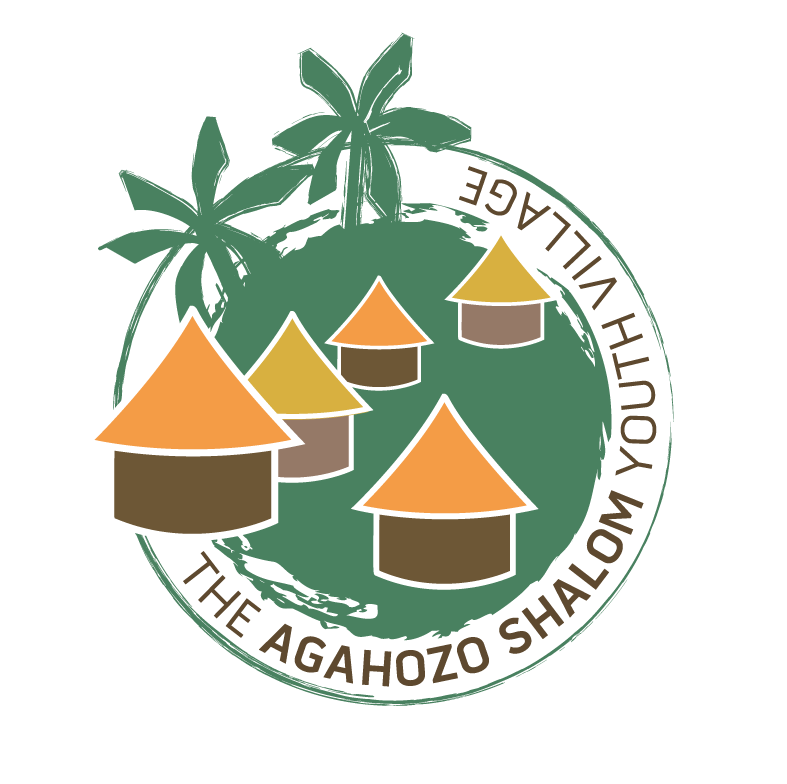ASYV DEBATERS TAKE TO THE NATIONAL STAGE
March 27, 2014
The activity of Debate came to ASYV in 2012 and has picked up rapid momentum since its introduction. An NGO local to Rwanda known as iDebate brought a group of trained national debaters to the Village in the aim of teaching students the principles of debate. In just over one year, ASYV students have taken the initiative to form their own ASYV debate team and turn themselves into fierce competitors on the national level. The team is composed of roughly 30 students from Senior 4, 5, and 6 (10th, 11th, and 12th grades.) They compete in competitions across the country and have already acclaimed noted success.
In their first competition in May of 2013, ASYV won the first three rounds of the debate, but lost before advancing to the quarterfinals. The experience inspired the team to push for greater success. Over the summer break of 2013, nine ASYV students attended a debate camp for seven days in Gashora, Kigali. During the debate seminar, the students worked tirelessly to achieve and practice more advanced debating skills such as public speaking and argument improvisation. The debate club, which was founded in the same year as the debate team, prepares topics and oversees weekly debates that take place within the family homes. These weekly debates serve as ideal mock trials for debate team participants.
When the debate team returned to Kigali for competition, they were no longer the novice debaters they once were. Their hard work was evident and the team advanced to the quarterfinals. This past March, the debate team entered a competition in Kimihurura, Kigali and won all three qualifying rounds. They were champions of the quarterfinals and only lost in the semi-finals by 4 points. The Agahozo-Shalom Debate Team is currently ranked second in the nation.
Frank B’Ntambara is a senior five student and active member of the debate team since its inception spoke to me on the importance of promoting the principles of debate.
Frank B'Ntambara, ASYV Senior 5 Student
I asked him, why do you think debate is important for ASYV and for Rwanda on a larger scale?
He told me:
“As students, debate helps us to think critically. When we are in debate, someone is challenging you, both in your opinions and your thoughts. In that moment you must think quickly and have a deep analysis of your argument so you can give the better answer. Many people in Rwanda do not have the tools to break down an argument in this way. If they had access to debate they could more effectively weigh their options and make more informed decisions. Their interactions with one another would be strengthened and they could communicate their ideas more clearly. For these reasons, debate is very important.
To be able to debate is the tool I use the most in my daily life. That and football of course. I am studying at Liquidnet Family High School. Both in my studies at school and my practice of debate are performed in English. As a result, I have become very good in this language. When I leave for vacation my former school in District 17 calls me because they know I speak English well. They ask me to help out in the school and tutor some of the children. I go and help for free, but they give me a bonus for good teaching. I encourage the students to think critically because I know what an important skill that is.
I even use my power of debate in football. I analyze the other players and am able to communicate more clearly with my teammates. I use my power of speech for economical purposes as well. I am a good football player, but I also present myself well. I play football for my district team and every match is 5,000 Rwandan Francs.
There is a lot of team spirit that goes into debate. We challenge each other so much. When we are in competition we are challenged to support one another’s arguments. If we do this well then we succeed. That is why it is important to practice within our family homes. We feel familiar with one another and can express ourselves without fear. However, when you are competing with someone familiar you do not play as hard as you can. In competition we are fierce and we use our toughest tricks.
The debate topics are chosen by the iDebate organization. We do not know the topics before the competition and that is what is most exciting for me. It is interesting to debate for a position that I did not think of before. Even if I do not agree with the position I am taking, I find a way to make it my own. When I debate I am a decision maker. Only the top 27 schools in Rwanda have a debate team, but I think this number should be increased. Debate is an important skill that all of Rwanda should experience. I am so thankful to have the opportunity to debate for ASYV. I am confident that this year we can be first in the country.”
Submitted by Sasha Friedman, 2014 Village Fellow
